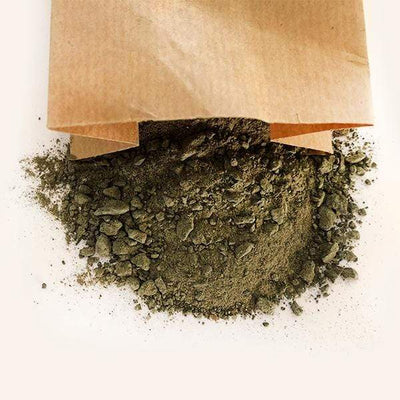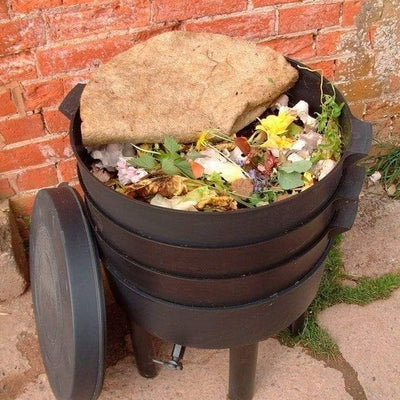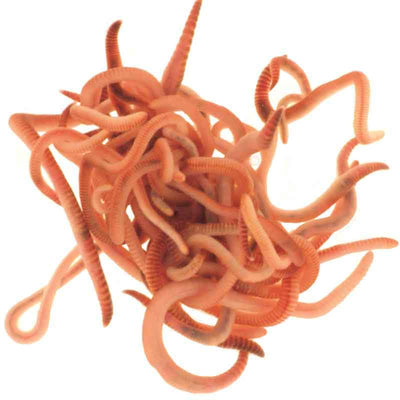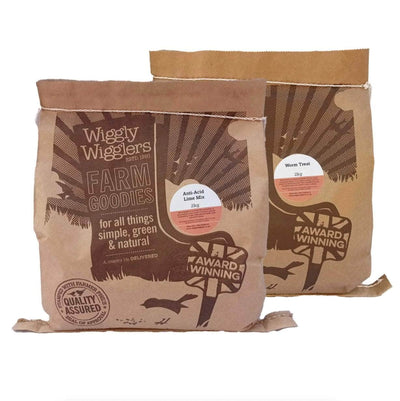When setting up raised beds, it’s common to bring in fresh soil and compost — but don’t stop there. Give your garden beds a real boost by adding a dynamic duo of worms: garden worms and composting worms. Together, they’ll transform your soil into a thriving, living ecosystem, packed with fertility, structure, and life.
Why Add Worms to Raised Beds?
New soil in raised beds often lacks the micro-life that naturally developed soil has. By introducing worms, you instantly enhance:
-
Drainage – worms create channels through the soil, helping excess water escape.
-
Aeration – those same channels bring oxygen to plant roots.
-
Fertility – worm castings (aka worm poo!) are rich in nutrients and beneficial microbes.
How to Add Worms to Your Raised Beds
It’s simple:
-
Dig 3–4 small holes spaced evenly throughout each raised bed.
-
Divide your worms roughly between the holes.
-
In each hole, add both garden worms (like lob worms) and composting worms (reds and dendras), then cover with soil.
They’ll get to work right away, naturally finding their way around the bed.
To keep your worms happy and active, add a generous layer of organic mulch on top — homemade compost is ideal, but any organic mulch will help retain moisture and provide food.
Meet the Worm Team
Garden Worms (Lumbricus terrestris)
These deep-burrowing heroes improve your soil from the bottom up. Acting like intelligent micro-ploughs, they aerate and drain the soil as they tunnel. They’re perfect for tired, lifeless soils — especially in new builds where construction has driven off native worm populations. They even help attract wildlife like birds and hedgehogs.
Composting Worms (Reds, Dendras, Tiger Worms)
Unlike garden worms, composting worms prefer the top few inches of soil. They’re litter-loving surface feeders, naturally found in manure heaps and forest floors. These worms break down organic matter quickly, converting it into nutrient-rich castings. In wormeries, they shine — but they’re also brilliant in your raised beds when paired with mulch.
Using a mix of species is best, as some prefer slightly more acidic conditions. A combination ensures healthy composting action, regardless of micro-variations in your beds.
The Natural Way to Replenish Your Soil
Every worm you add becomes a living tool for soil health — no fuel, no noise, no chemicals. Just nature doing what it does best.
So if your garden beds are craving a boost, give them the ultimate combo: garden worms + composting worms. It’s the natural, sustainable way to nurture your soil and support everything that grows in it.







